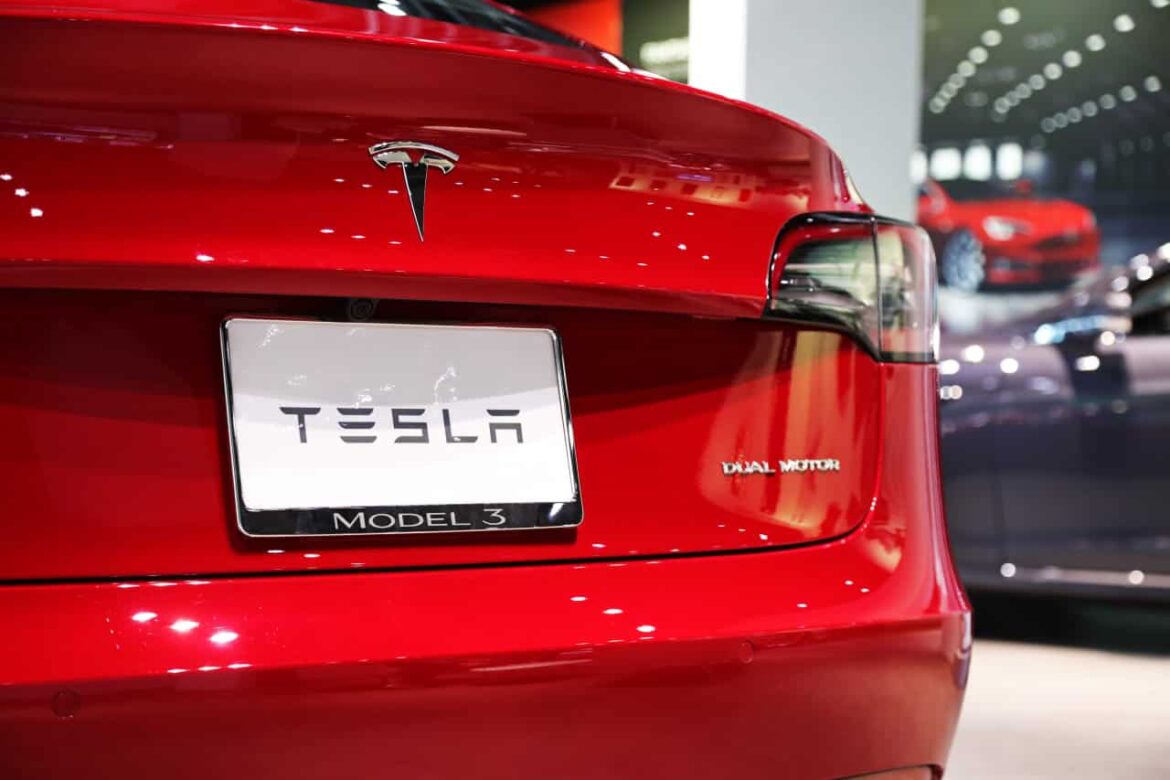Tesla Motors (TSLA) has been having its fair share of troubles in 2024 as the entire electric vehicle (EV) industry has been facing a slowdown.
Despite the trend, Finbold’s research found that competition has only grown stiffer and has managed to significantly reduce the market dominance in the US of Elon Musk’s EV maker from 74.8% at the start of 2022 to 49.7% in the second quarter of 2024.
In fact, even before the so-called ‘EV winter’ started, other companies have been displacing Tesla, and its market share dropped in six out of the previous nine quarters, with the single biggest decline of 9.3% happening by Q3 2023 and the single biggest gain of 4.4% occurring in Q1 of the same year.
Simultaneously, other companies focused on electric vehicles have failed to carve out a significant market share as, by Q2 2024, the Lucid Group (LCID) stands at 0.6% and Rivian (RIVN) at 4.2.
On the other hand, legacy car makers have been showing their ability to transition to greener products, with the greatest growth coming from General Motors (GM), which commanded a mere 0.3% at the start of 2022 but rose to 6.6% in 2024.
Elsewhere, Hyundai – together with its subsidiary, Kia – has been clashing with Ford (F) for the second spot on the list of the biggest EV makers in the US, with the former having a market share of 11.2% and the latter of 7.2%.
EV market is still growing despite Tesla’s declining dominance
Globally, Tesla’s market share has also been dropping. By the end of 2023, the company had even been overtaken by the Chinese manufacturer BYD.
Still, it is worth pointing out that Tesla’s losses are not necessarily indicative of a broader failure in the industry. As Andreja Stojanovic, a co-author of the research, explained:
“While the figures resulting from Finbold’s research may intuit a dire situation for Tesla and the whole of the EV industry, it is worth pointing out that the sector has been growing if the 2024 slowdown is ignored – and even once it is accounted for, EV sales have more stagnated than truly declined, particularly with the most recent recovery.”
Such a conclusion is reinforced by the data pertaining to the global EV-driven electricity demand, which has skyrocketed in the last decade and is expected to continue rising at an accelerated rate by 2030 and beyond.








